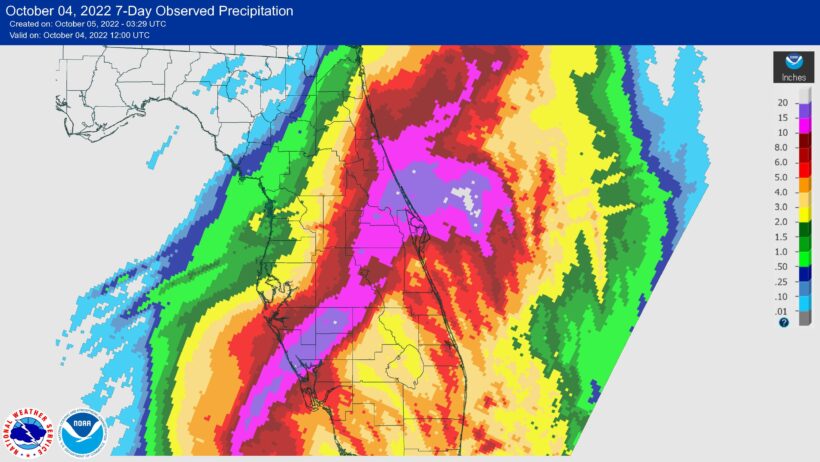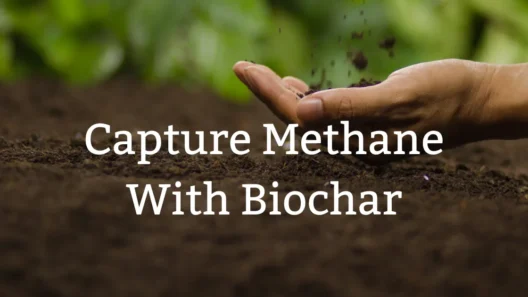The beef industry has long been a staple in diets across the globe, providing protein and culinary delight. However, an undercurrent of scientific inquiry has emerged concerning its environmental ramifications. Central to this discourse is the assertion that cattle farming significantly contributes to global warming. This article delves into the multifaceted relationship between beef production and climate change, elucidating the mechanisms at play and the implications for the future of agriculture and food systems.
Firstly, it is crucial to understand how cows contribute to greenhouse gas emissions. Cattle emit methane, a potent greenhouse gas, during digestion through a process known as enteric fermentation. Methane is approximately 28 times more effective than carbon dioxide over a century at trapping heat in the atmosphere. According to studies, livestock, particularly cattle, account for nearly 14.5% of all anthropogenic greenhouse gas emissions. This startling statistic compels us to assess the implications of global meat consumption and the sustainability of current agricultural practices.
Additionally, the environmental impact of beef extends beyond methane emissions alone. The lifecycle of beef production involves a significant amount of resource consumption, including water and land. For instance, producing a single pound of beef can require up to 1,800 gallons of water. This staggering figure encompasses not only the water consumed directly by cattle but also the extensive irrigation needed to grow their feed. Furthermore, the demand for land for grazing and feed crops leads to deforestation, particularly in carbon-rich ecosystems such as the Amazon rainforest. This loss of trees exacerbates the greenhouse effect, denying the planet invaluable carbon sinks that would otherwise alleviate atmospheric CO2 levels.
Moreover, the relationship between beef farming and biodiversity loss cannot be overstated. Expanding pasturelands often comes at the expense of habitats for countless species. As forests are cleared to accommodate cattle, unique ecosystems are disrupted, leading to a perplexing toll on biodiversity. Conservationists warn that the decline in species diversity diminishes ecological resilience, thus impairing nature’s ability to adapt to climate change, which is a growing concern in our rapidly warming world.
Transitioning to the social and economic aspects of the beef industry, one must consider the role of consumer culture in perpetuating high demand for beef. In many western countries, red meat is synonymous with protein and nutrition. As economies develop, especially in countries like China and Brazil, meat consumption is projected to rise. This increase threatens to exacerbate the already significant environmental issues spurred by the beef industry. Shifting dietary patterns, therefore, present a significant dynamic in determining the future of global warming pathways.
In light of these challenges, several proactive strategies have emerged to mitigate the environmental impact of cattle farming. One promising approach lies in improving cattle management practices. Enhancing forage quality, implementing rotational grazing, and utilizing feed additives can reduce methane emissions significantly. For instance, studies indicate that seaweed supplements can cut enteric methane emissions by up to 80%. Such innovations have the potential to transform the beef industry’s carbon footprint without sacrificing productivity.
Furthermore, researchers are investigating alternative protein sources, including plant-based meats and lab-grown meat. These emerging industries have gained traction as consumers increasingly grapple with the ethical and ecological ramifications of beef consumption. The rise of these alternatives signifies an evolving market where sustainability takes precedence over traditional methods. Plant-based proteins, such as lentils, chickpeas, and tofu, require far less land and water than beef, making them a viable option in the quest to reduce greenhouse gas emissions.
Lastly, raising public awareness and encouraging dietary shifts is integral to addressing the conundrum posed by beef. Campaigns promoting “Meatless Mondays” or reducing overall red meat consumption can catalyze societal change. Educational initiatives focusing on the environmental costs of beef production can empower consumers to make informed choices about their diets. A collective shift towards more sustainable eating habits can lead to significant reductions in emission levels and contribute to a healthier planet.
In conclusion, while beef remains an integral part of many diets, its environmental impact warrants serious scrutiny. The relationships between cattle farming, methane emissions, deforestation, biodiversity loss, and consumer culture illustrate a complex web that is crucial to address in the fight against climate change. By adopting innovative practices in beef production, exploring alternative protein sources, and fostering community awareness, we can transcend the challenges posed by the beef industry. Thus, the question remains not whether we should consume beef, but rather how we can do so sustainably, ensuring that future generations inherit a healthier planet.






